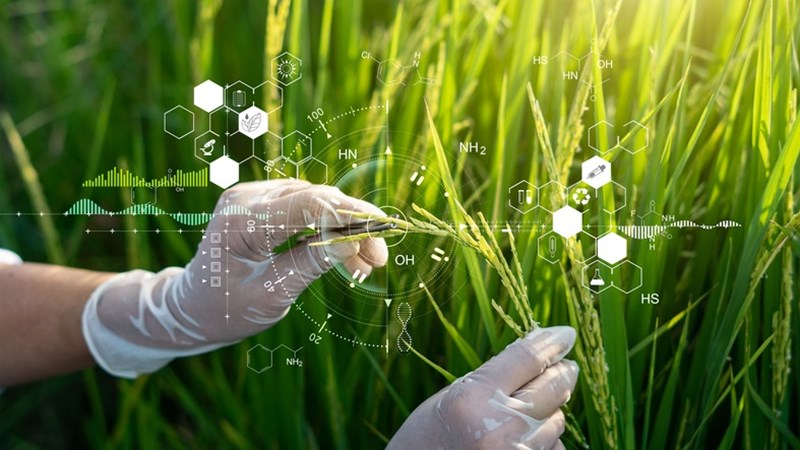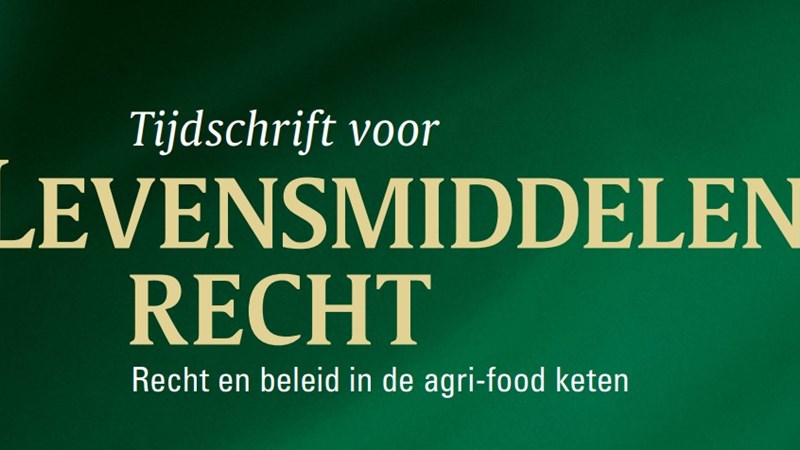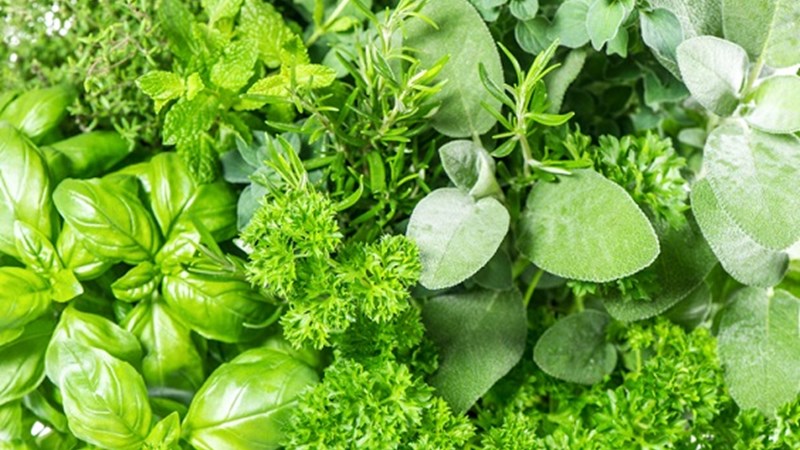The future for CRISPR-Cas technology in (organic) foodstuffs in the EU
Juni 2023
CRISPR-Cas technology is a powerful tool for genetic engineering that has the potential to revolutionize the field of biotechnology. This technology differs from traditional genetic modification methods in that it allows scientists to modify the DNA of an organism with unprecedented precision. This precision has the potential to enable the development of new treatments for diseases and to increase crop yields in agriculture. However, the technology has also raised legal and ethical concerns, particularly regarding its potential impact on the organic food trade in the European Union (EU).
What is CRISPR-Cas technology?
In short, CRISPR-Cas technology is a genetic engineering technique that allows scientists to modify the DNA of an organism with remarkable precision. This technology uses a molecular tool like the Cas9 protein, which acts as a pair of molecular scissors that can cut DNA at precise locations. Scientists can then use this cutting ability to introduce new genetic material into an organism or to remove specific sequences of DNA.
What is the difference between CRISPR-Cas technology and traditional GMO technology?
The main difference between CRISPR-Cas technology and traditional Genetically Modified Organism (GMO) technology is the precision of the modifications. Furthermore, traditional GMO technology involves the introduction of foreign genetic material into an organism, often through the use of a bacterium or virus as a vector. This process can result in the introduction of unintended genetic material, which can have unintended consequences for the organism or the environment. That’s why the use of GMO is strictly regulated in the European Union (EU) through Directive 2001/18/EC.
CRISPR-Cas technology, on the other hand, allows scientists to modify the DNA of an organism with much greater precision. This precision enables scientists to introduce very specific modifications into an organism's DNA without introducing unintended genetic material. This precision also allows scientists to modify the DNA of an organism without leaving a trace, the same as in regular crop breeding, making it difficult to detect whether an organism has been modified using CRISPR-Cas technology.
The potential consequences for the organic food trade in the EU
The potential consequences of CRISPR-Cas technology for the (organic) food trade in the EU are complex and uncertain. On the one hand, the technology has the potential to increase crop yields and to develop crops that are more resistant to disease and pests, which could benefit organic farmers. On the other hand, the technology raises significant legal and ethical concerns regarding the regulation of genetically modified organisms (GMOs) in the EU in general and in organic foodstuffs in particular.
Regulation 2018/848 of the EU sets out the rules for the production and labeling of organic products in the EU. This regulation prohibits the use of GMOs in the production of organic products, including the use of GMOs in animal feed. However, the regulation does not provide a clear definition of what constitutes a GMO, and only refers to the existing GMO legislation of the EU, leaving open the question of whether organisms modified using CRISPR-Cas technology should be considered GMOs.
The Court of Justice of the European Union (CJEU) addressed this question in its ruling in the case of C-528/16 (25 July 2018, ECLI:EU:C:2018:583), in which it held that organisms modified using CRISPR-Cas technology should be considered GMOs under the EU's GMO regulations. The court's reasoning was based on the fact that the technology involves the use of a vector to introduce new genetic material into an organism, which is similar to traditional GMO technology.
But since the ruling a discussion started within the EU and two major events happened since. On the one hand, the majority of European Union member states expressed to be in favour of a revision of GMO legislation which would ease authorisation requirements for new breeding techniques such as CRISPR-Cas. On the other hand, the CJEU nuanced their opinion in 2023 in case C-688/21 (7 February 2023, ECLI:EU:C:2023:75) – which was a direct follow-up case between the same parties – by excluding organisms obtained by the in vitro application of a technique/method of mutagenesis which has conventionally been used in a number of in vivo applications and has a long safety record with regard to those applications from the scope of the GMO-Directive, and therefore opening the door for CRISPR-Cas.
Conclusion
CRISPR-Cas technology is a powerful tool for genetic engineering that has the potential to revolutionize the field of various foodstuffs. The technology differs from traditional GMO technology in that it allows scientists to modify the DNA of an organism with unprecedented precision and without the use of (unintended) foreign material. However, the technology also raises significant legal and ethical concerns, especially for organic foodstuffs as CRISPR-Cas modifications are virtually untraceable. Following the recent CJEU case, it is likely that a lot will change in the field of GMO-regulation in the EU. A draft proposal is expected any day now.









